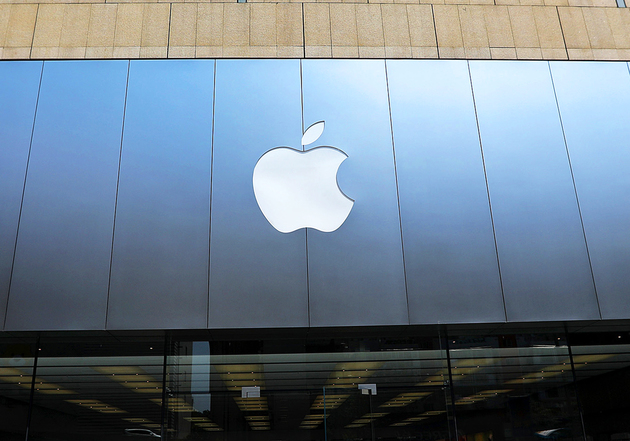
Photo/Zhang Jian (NBD)
NO.1 Apple fined 1.8 billion euros by the EU
The European Commission has fined Apple 1.8 billion euros ($1.95 billion) for preventing app developers from offering alternative options for music streaming subscription services. Apple plans to appeal the decision, saying that the facts simply do not support it.
Commentary: This decision could have an impact on app store policies across the tech industry, encouraging a more open and competitive environment.
NO.2 India requires government approval for AI tools before release
The Ministry of Electronics and Information Technology in India has required that both domestic and foreign tech companies obtain explicit permission from the Indian government before releasing "untested" AI platforms in India. They are also required to appropriately label their potential unreliability.
Commentary: This requirement by the Indian government could have an impact on the R&D and release strategies of AI companies.
NO.3 Alef flying car orders hit record high
American flying car startup Alef Aeronautics has announced that pre-orders for its electric vertical takeoff and landing (eVTOL) aircraft have hit a new record, with 2,850 orders placed. The company's two-seater Model A flying car is priced at a hefty $300,000. Elon Musk's SpaceX is a major investor in Alef Aeronautics.
Commentary: This is a positive development for the entire flying car industry. Having SpaceX as an investor will also help drive the development of this field.
NO.4 JPMorgan's AI cash flow tool saves 90% of manpower
JPMorgan Chase (JPM) says its AI cash flow management tool has saved corporate clients nearly 90% of manpower. The tool was launched a year ago and currently has about 2,500 clients. JPMorgan is considering charging for the tool in the next step.
Commentary: This is strategically significant for the financial technology industry and could lead to other companies following suit.
NO.5 GPT-4 outperforms humans in divergent thinking test
A new study conducted by scientists at the University of Arkansas had 151 human participants compete against GPT-4 in three tests to assess their divergent thinking abilities. The results showed that GPT-4 provided more novel and elaborate answers than the human participants. The research was published in the latest issue of the journal Scientific Reports.
Commentary: This research finding suggests that GPT-4 could have a positive impact on education, innovation, and scientific research.
Disclaimer: The content and data in this article are for reference only and do not constitute investment advice. Please verify before using.


 川公网安备 51019002001991号
川公网安备 51019002001991号





